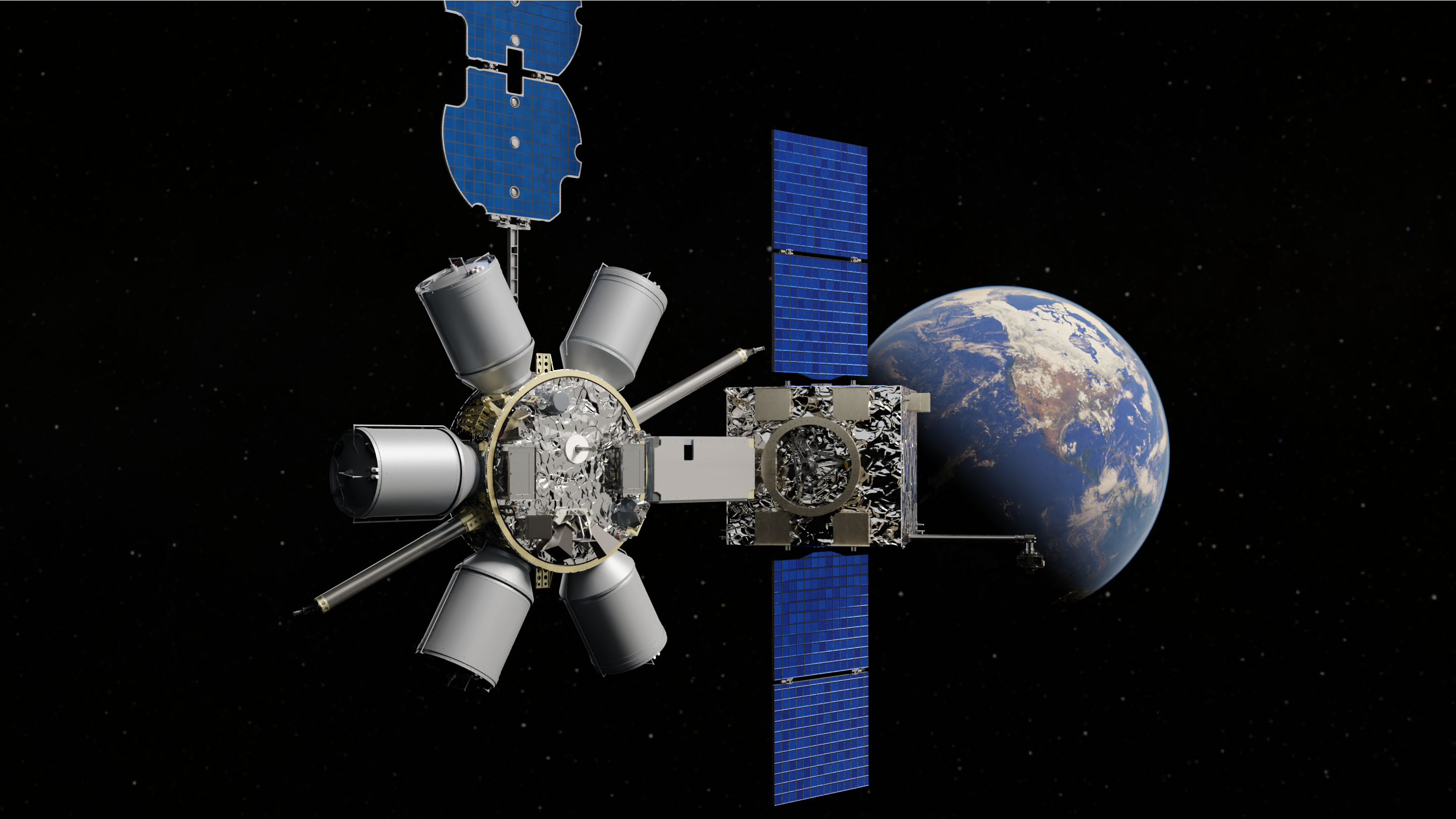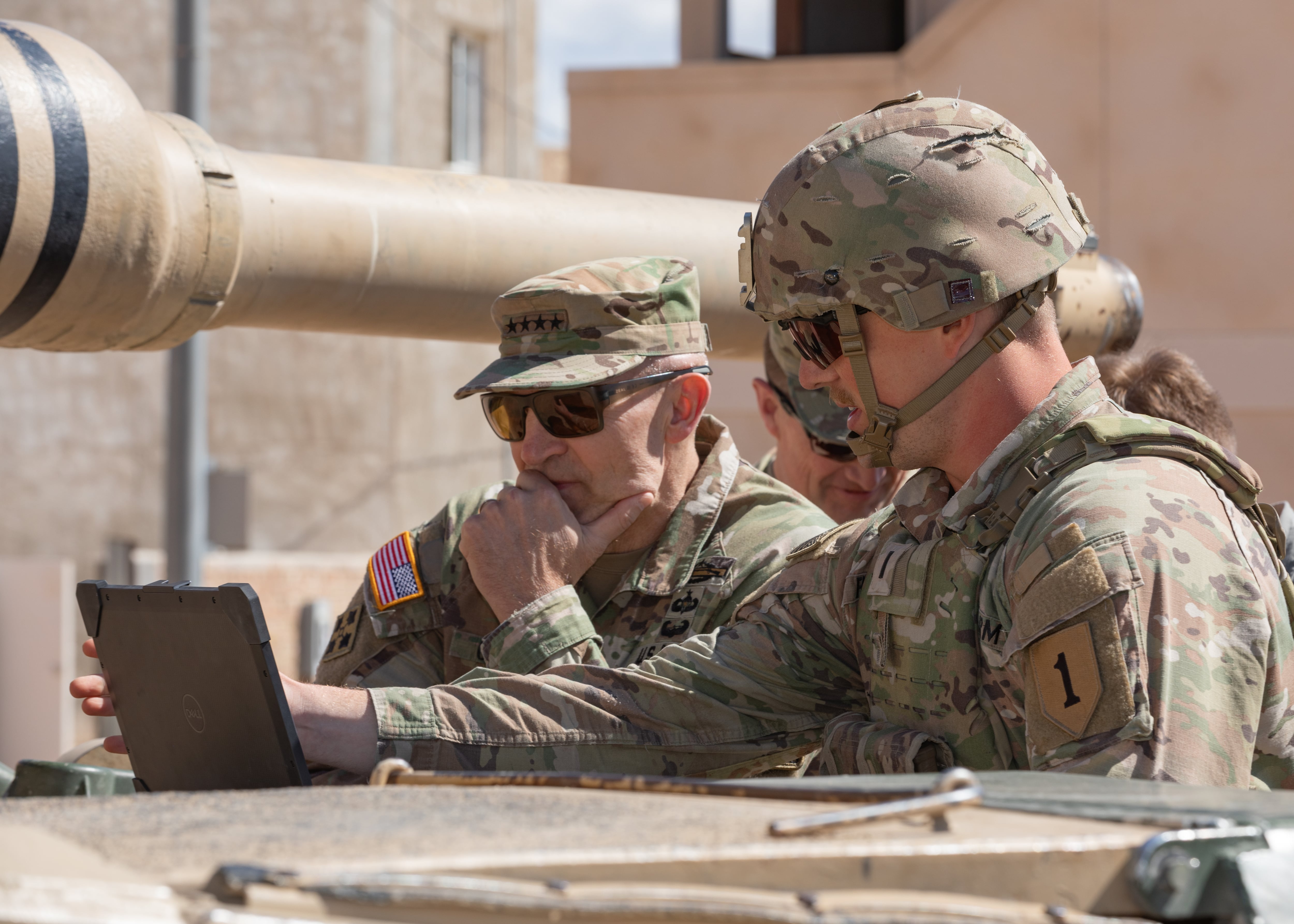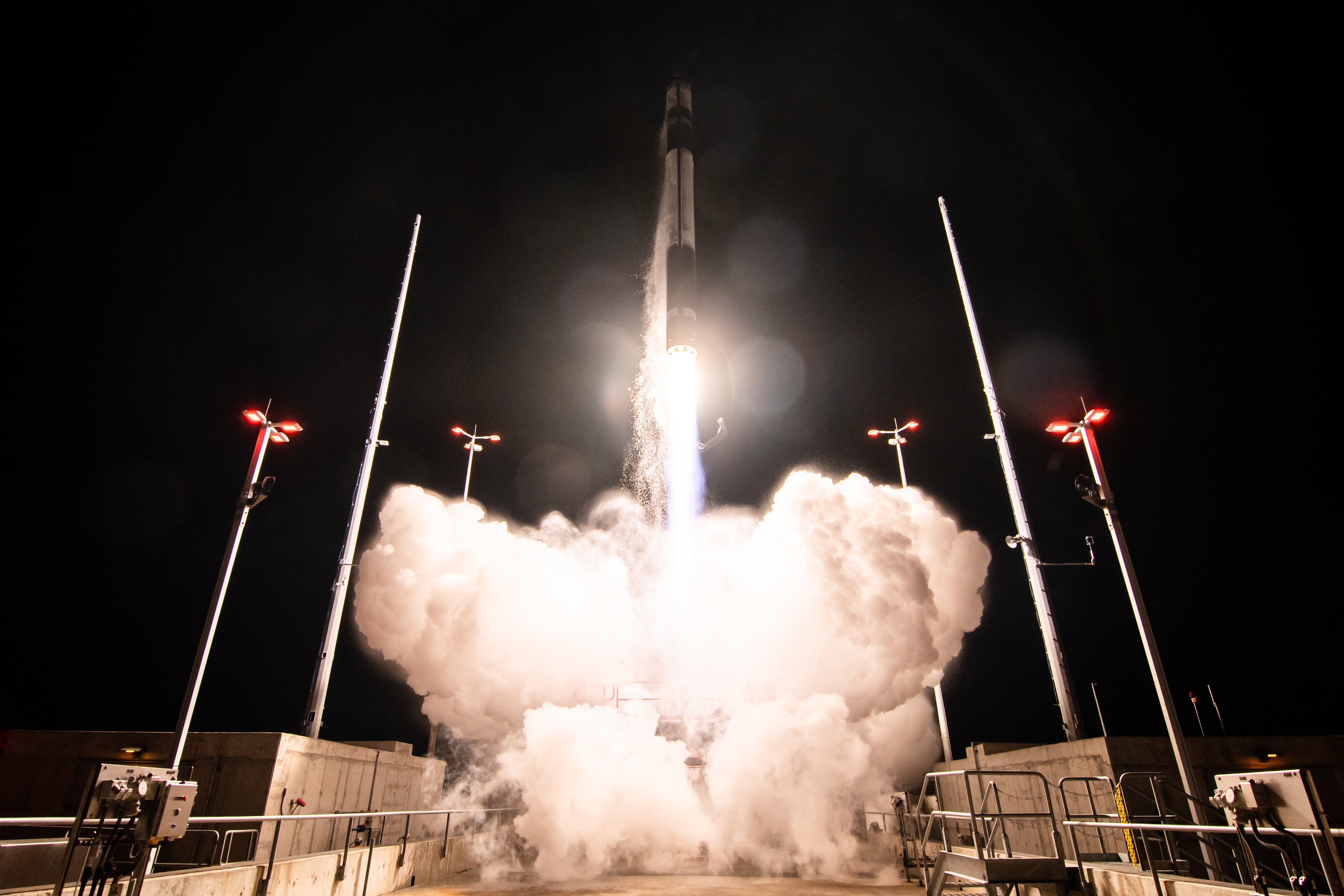WASHINGTON — As the U.S. Space Force plans for a growing number of national security launches in coming years, House lawmakers want the service to choose a single company to manage launch integration.
In its version of the fiscal 2023 defense policy bill, the House Armed Services strategic forces subcommittee commended the Space Force for increasing competition within the national security space launch enterprise. Still, it wants the service to consider selecting a company to serve as a common launch integrator that manages the missions.
“The committee understands that the use of a common launch integrator that works across department customers, satellite manufacturers, and launch providers can provide tested space vehicle integration processes,” lawmakers wrote in the draft markup released June 7. “The committee believes this approach could be an effective method to lower costs, reduce launch readiness timelines and increase competition for launch providers.”
The provision directs the Space Force to brief lawmakers by February on the potential benefits of a shared launch integrator. The intent is to explore options for mitigating the cost and schedule risk inherent in the launch vehicle integration process, Committee staff members told reporters.
“It sounded like something they should at least take a look at if it’s going to cut down timing from getting a capability on a launch vehicle to getting it on orbit,” said a committee staff member, who asked not to be identified.
Other sections of the bill call for the Space Force and the National Reconnaissance Office, which develops and operates spy satellites, to consider increasing the use of commercial space capabilities.
In one such provision, lawmakers direct the NRO to accelerate its plans to take greater advantage of commercial synthetic aperture radar satellites, which carry advanced sensors that can see through adverse weather conditions and provide data on precise movements on the ground. The capability has been in high demand during Russia’s invasion of Ukraine.
“The committee recommends the NRO accelerate, to the extent possible, their adoption and integration of proven highly capable U.S. commercial SAR systems by working proactively with industry to apply domestic commercial solutions to known intelligence, surveillance, and reconnaissance gaps of the Department of Defense, and providing on-ramps for new capabilities as they become available,” lawmakers state.
Another provision instructs the Department of Defense to brief Congress on its use of commercial radio frequency remote sensing capabilities in exercises, experimentation and wargaming. These satellites help detect threats such as GPS jamming.
Lawmakers also want Pentagon leaders to provide details on how the capability could be integrated into future operations and what options exist to buy the data from commercial providers.
Courtney Albon is C4ISRNET’s space and emerging technology reporter. She has covered the U.S. military since 2012, with a focus on the Air Force and Space Force. She has reported on some of the Defense Department’s most significant acquisition, budget and policy challenges.








